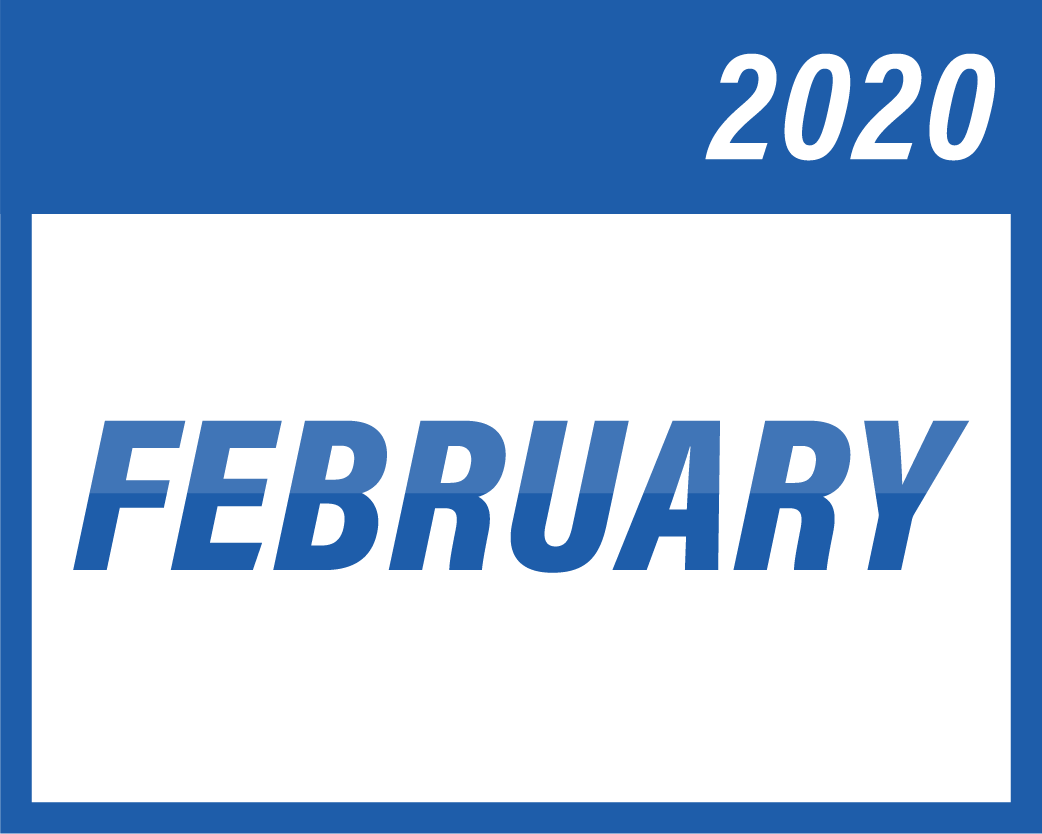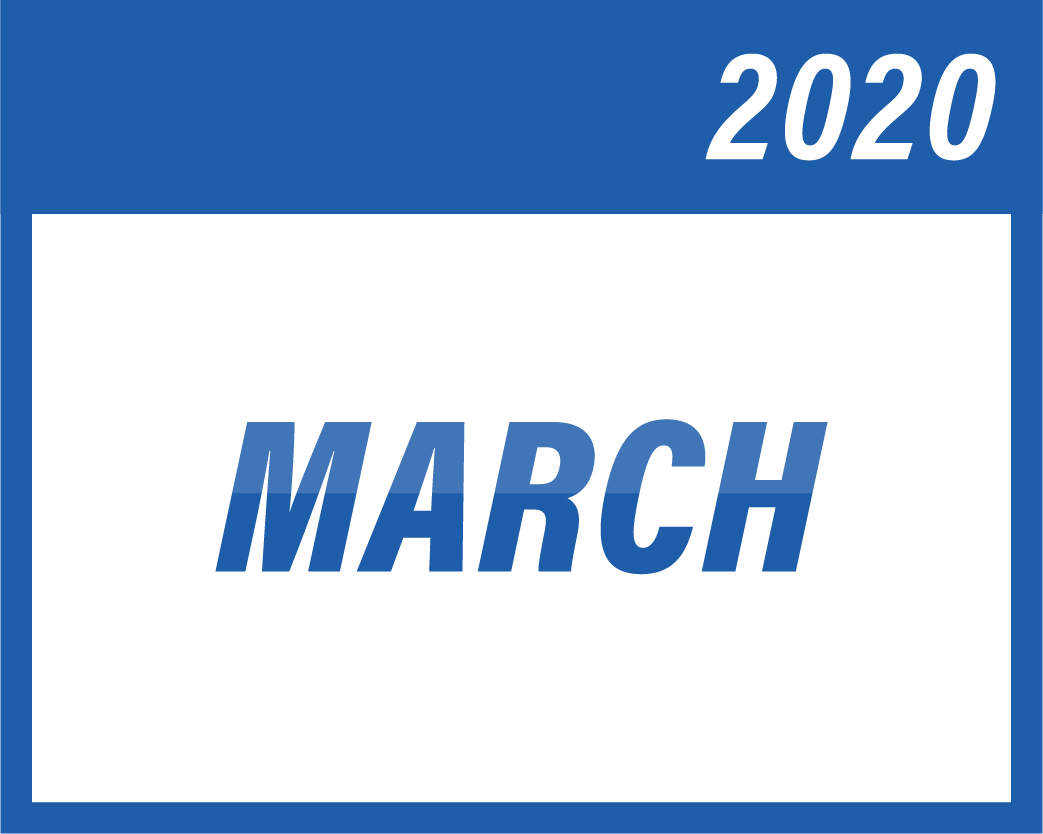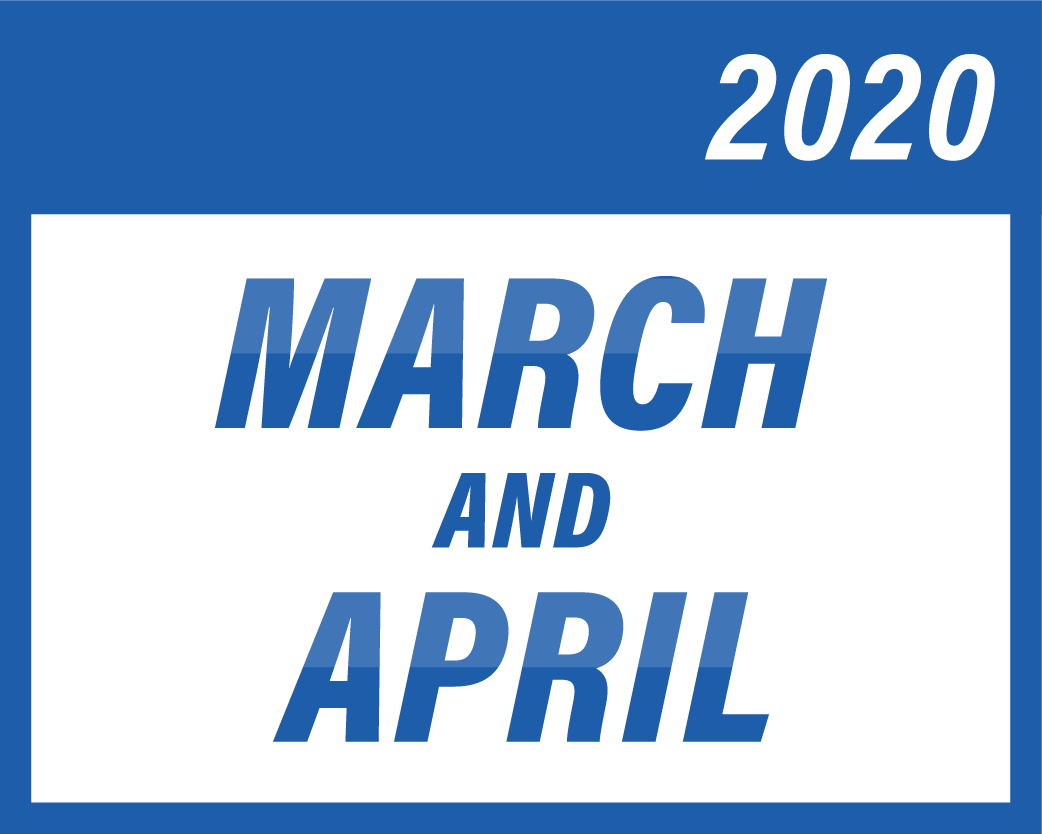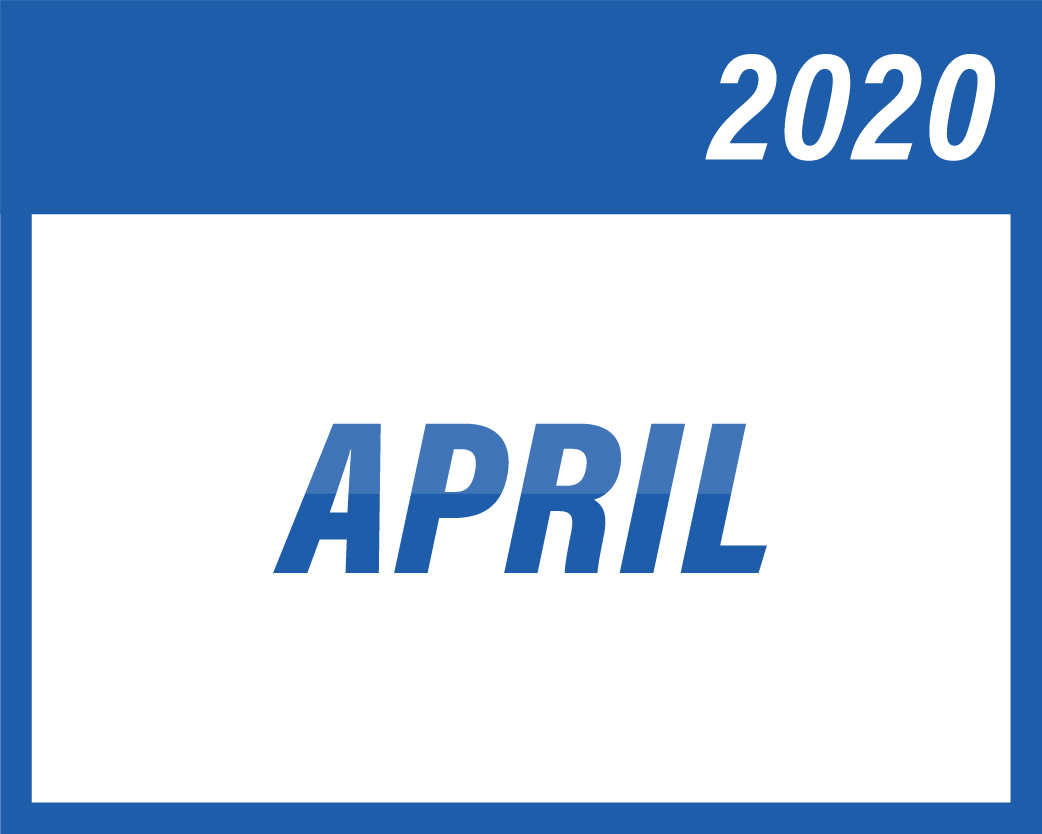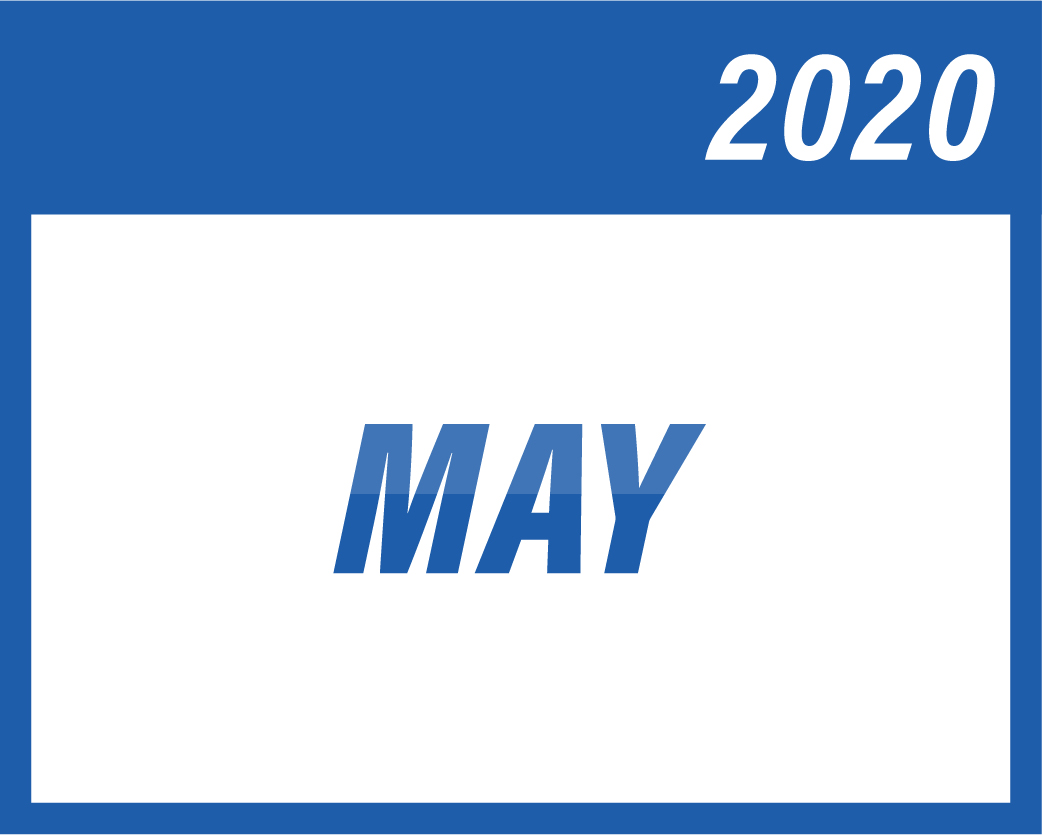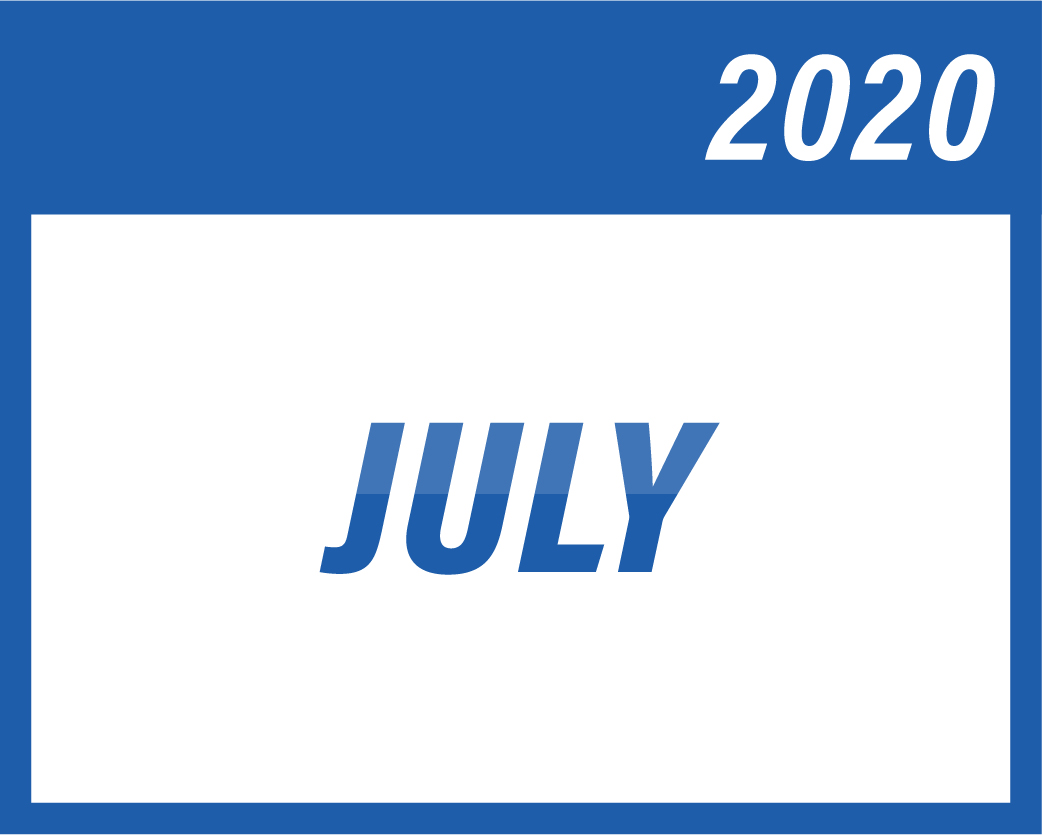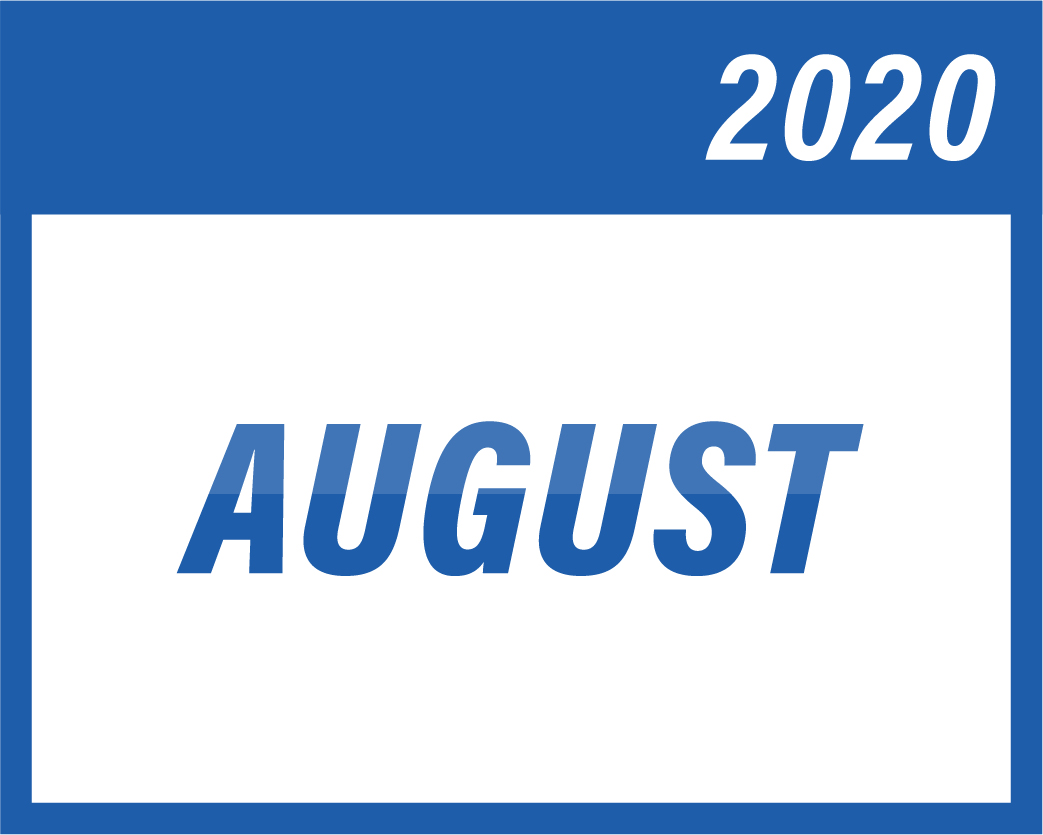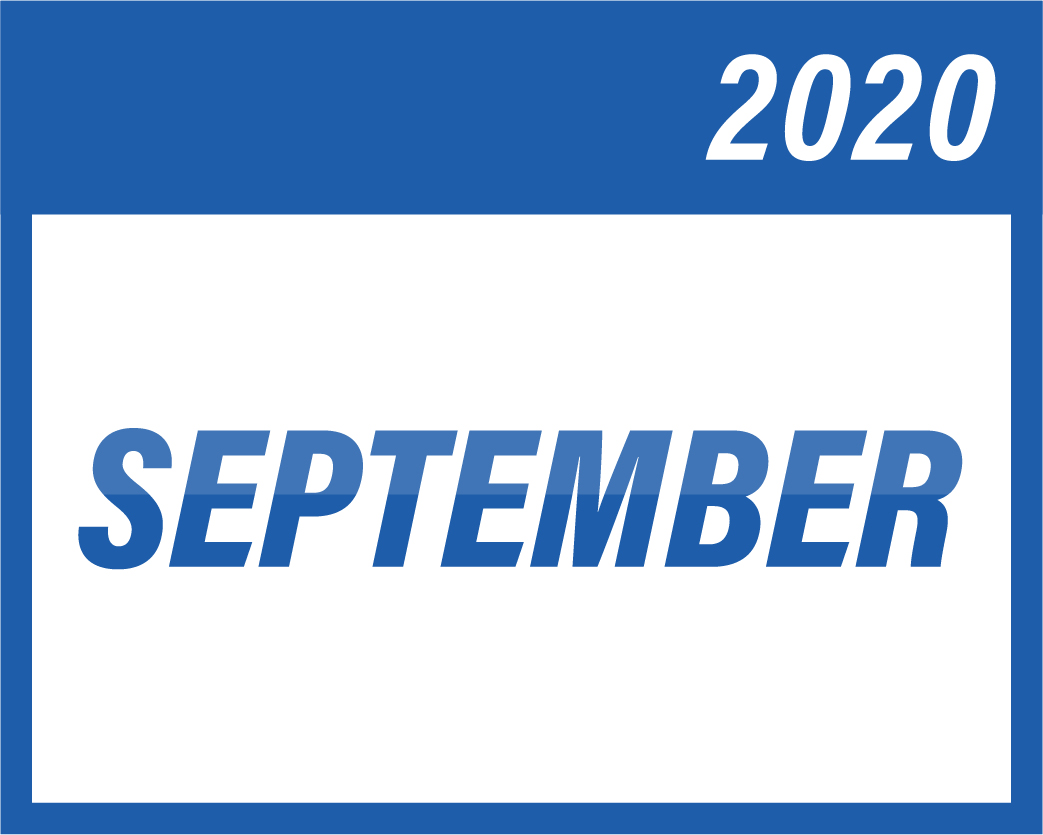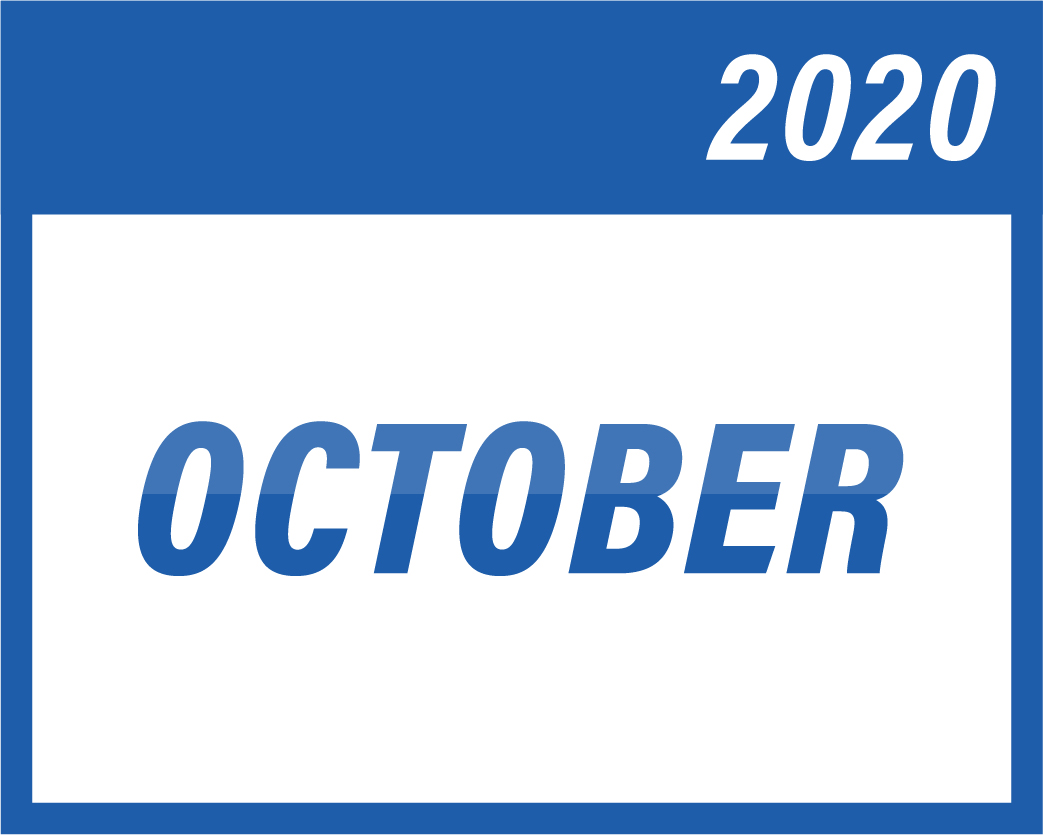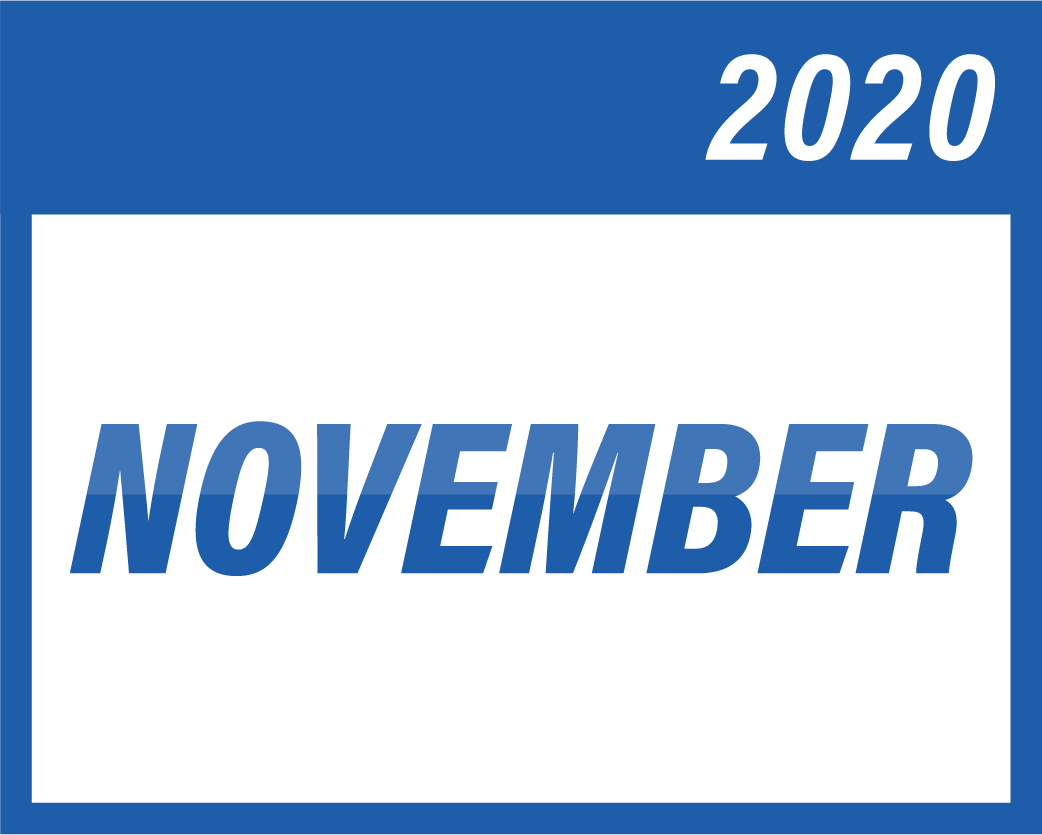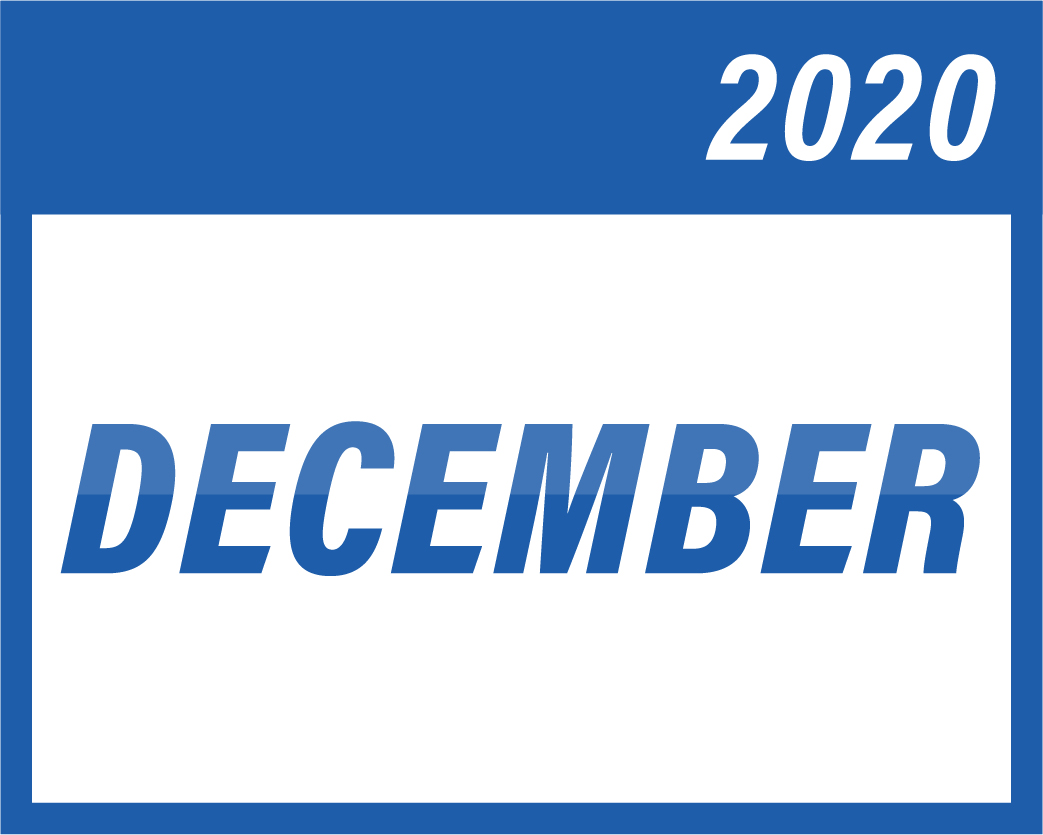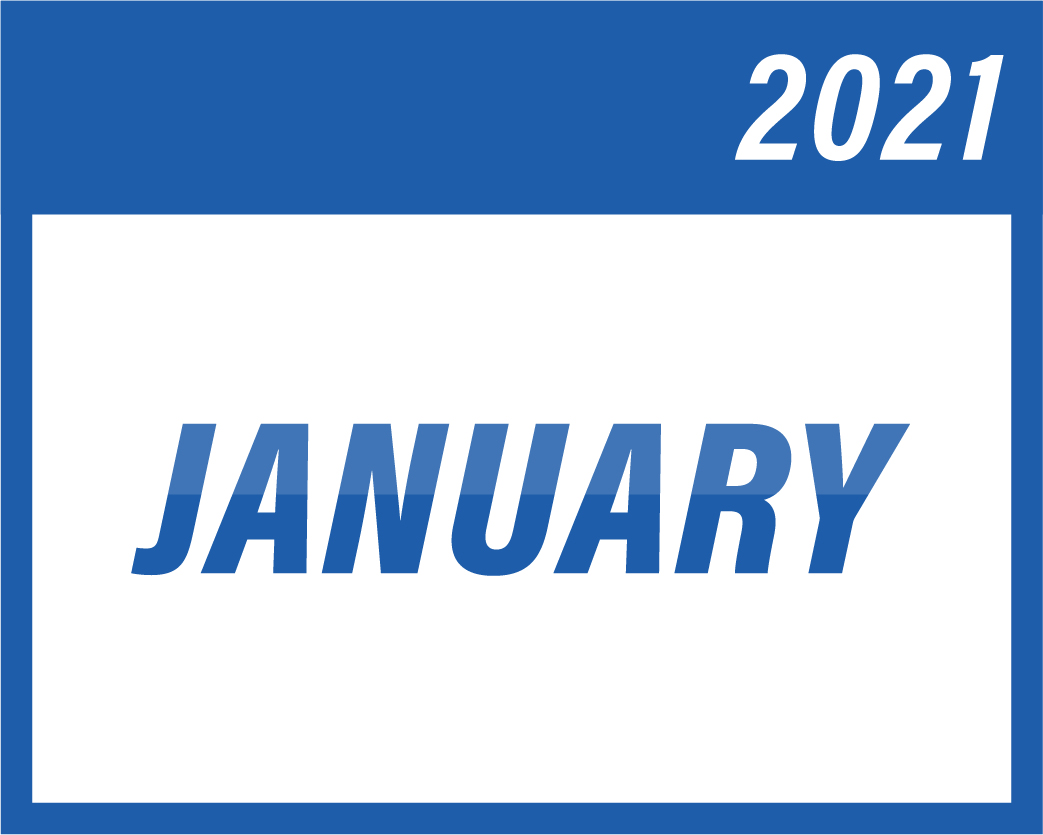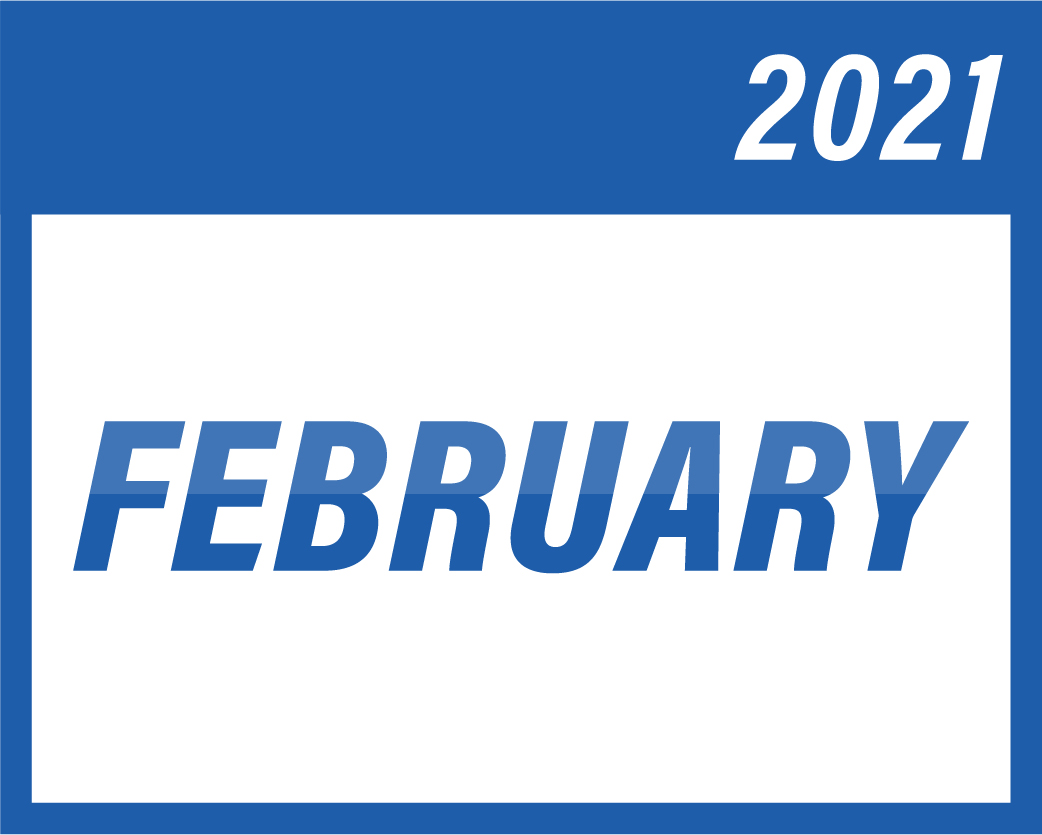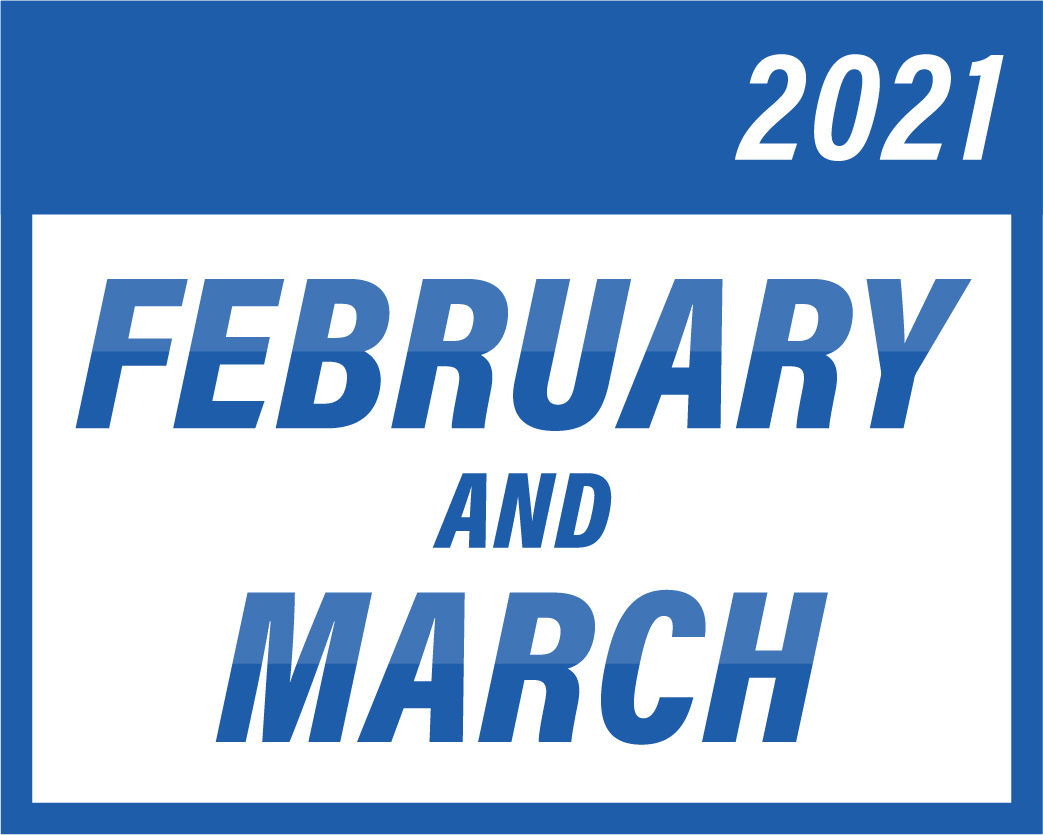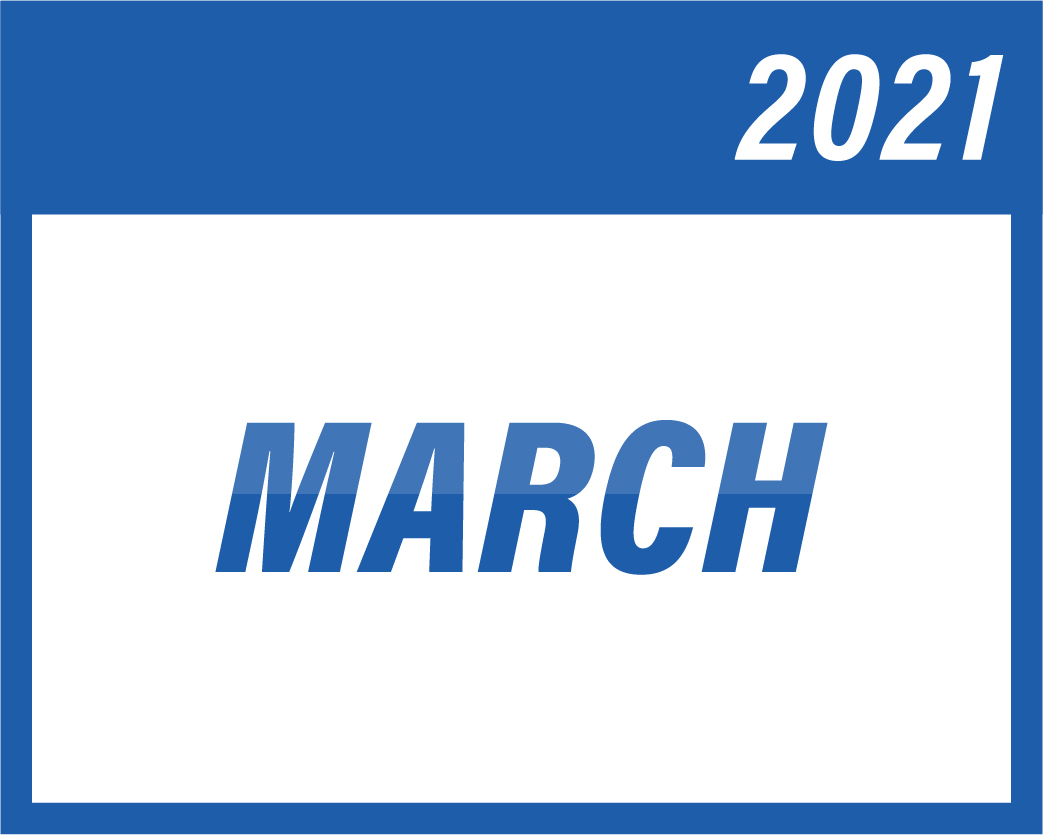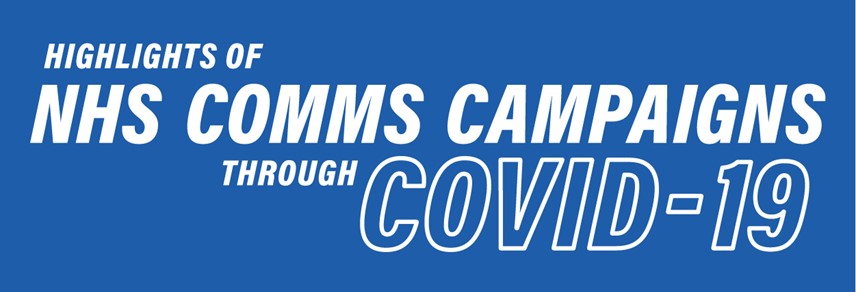
HIGHLIGHTS OF NHS COMMS CAMPAIGNS THROUGH COVID-19
One year after the announcement of national lockdowns in response to Covid-19, Communicate magazine looks back on the campaigns that have shaped and strengthened the NHS communications through the pandemic.
Catch It. Bin it. Kill it. Coronavirus Information
At the beginning of February 2020, the NHS released a video campaign with the familiar message ‘Catch It. Bin It. Kill It.’ used to combat the spread of flu and norovirus in previous years. But, the video titled ‘Coronavirus Public Information’ advised the public to always carry tissues to catch a cough or sneeze, bin the tissue and wash hands. At the end of the video is a message stating ‘If you have arrived back from China within 14 days follow the specific advice for returning travellers.’ This was the beginning of the NHS focus on Covid-19 as it started to create specific campaigns to inform the public.
Stay Home, Protect the NHS, Save Lives
This campaign was distinctly more forthright than the previous advisory campaign following the announcement of national lockdowns on 23 March. On the following day, 24 March, the video campaign led by chief medical officer, Professor Chris Whitty, pushed the message ‘stay home, protect the NHS, save lives’. It also outlined the rules including ‘stay 2 meters apart’ and ‘do not meet others outside your household even friends and family.’
Ask Dr H and Doctor Ellie
Family favourite, Doctor Hilary Jones, led a series of videos posted on the NHS YouTube and social channels on 26 March. He answered common public questions and concerns using the hashtag #AskDrH. One week later on 1 April Dr Ellie led a short series of videos in a similar format. This provided a stream of communication from trusted professionals and members of the NHS to the public at a time of fear and high anxiety.
Clap for Our Carers
On 26 March, a member of the public, Anne Marie Plus, stood outside her home and clapped for NHS staff. This public campaign became a not-for profit movement that spread through the nation. Millions of families stood on their doorsteps for nine weeks to clap for staff every Thursday at 8pm. Although not an NHS initiative, this became a strong narrative for NHS comms throughout the toughest weeks of lockdown as it allowed people to show their appreciation for key workers. For example, North Tees and Hartlepool NHS Foundation Trust filmed video content thanking the public for their support and celebrating the final ‘Clap for Carers’.
Rainbows for the NHS
Another successful public campaign was the creation of rainbows to show thanks and support to NHS staff through Covid-19. It began when an NHS nurse requested artwork to be brighten the Nightingale hospital in east London. Subsequently, millions of families put pictures and artwork of rainbows in their windows to show solidarity and support. Later in June, the NHS used this to create its own campaign ‘Rainbows for the NHS’ which collated artwork to create a ‘mosaic of hope’. NHS comms teams used this public campaign to amplify messages of support, hope and community. North East London Foundation Trust even created a video campaign encouraging children to make a rainbow collage for their window.
BBC Two Hospital Series
The Royal Free Hospital in London began filming a documentary for a BBC Two series on the same day national lockdowns were announced in March 2020. BBC Hospital went to screens in May detailing the treatment of Covid-19 patients from inside hospital walls. At a time of widespread unease and public worry, the documentary helped to position the NHS as a transparent organisation while also emphasising the incredible pressure Covid-19 had on hospitals and staff. This use of video was highly effective in communicating with the public and creating a direct line of contact between staff and viewers.
COVID ZERO
The University Hospital Southampton launched its campaign to wipe out the transmission of Covid-19 in Southampton’s hospitals. It was the first of its kind to launch by a hospital trust in England. The campaign took on a similar message format to ‘Catch It. Bin It. Kill It’ with the targeted message ‘Wash. Walk. Wear’ inside the hospital. The advice was tailored to prevent the spread between patients and staff as they must wash hands, social distance when walking and wear protective equipment. “We’re incredibly proud of our COVID ZERO campaign which was created with the ambition to have zero transmission of COVID in our hospitals and to encourage our staff and community to play their part in protecting each other,” says Eloise Ponting employer brand & talent attraction manager at University Hospital Southampton NHS FT.
Enjoy Summer Safely & Let’s Get Back
On 6 July, the NHS shared a video encouraging the public to enjoy summer safely as they showed clips of people entering hairdressers, shops and cafes for the first time in months. ‘Whatever you’ve missed, get out there and enjoy it again safely.’ At the end of July, the NHS pushed the public to get tested in an upbeat video campaign reminiscent of the earlier ‘Enjoy Summer Safely’ campaign. Both campaigns radiated optimism and worked to encourage people back outside after months of lockdown and concerns over mental wellbeing.
Better Health: Weight Control
Public Health England launched this campaign to help ‘reset’ the nation’s health. There were rising concerns following the hospitalisation of Boris Johnson in April and his declaration “When I went into ICU, when I was really ill ... I was way overweight.” The campaign encouraged people to lose weight, quit smoking and drink less, alongside looking after their mental health. The strategy was based on statistics, as the campaign stated 63% of UK adults are overweight or obese. It provided resources to help the public to better their own health and lessen the stress on NHS. There was a dedicated NHS webpage but also targeted resources given to pharmacy teams who had better direct access to vulnerable groups.
NHS Test & Trace with Jermain Jenas
The summer saw a focus on testing and the NHS encouraged anyone with symptoms to test, track and trace. This playful campaign featured footballer Jermain Jenas, as a team of players are told the new rules of the game and warned ‘most importantly if any of you lot have got symptoms, contact 119 and get a test or visit nhs.uk.’ As a young footballer, Jenas had the platform to influence young people to get tested and prevent the spread of the virus as they returned to socialise with friends.
Every Mind Matters: Children’s Mental Health
On 8 September, the NHS launched a campaign directly targeting young people aged 13-18 and parents with children of all ages. It was timed to coincide with the return to school after the summer holidays. This campaign was focused on providing resources directly to children, parents and schools to help young people’s wellbeing at a difficult time, specifically those children at greater risk of worsening mental health. A communications toolkit was one of many resources provided by the NHS to help those affected by Covid-19 lockdowns.
Hands. Face. Space.
The Government launched this campaign to avoid a second peak of Covid-19 infection. The phrase ‘hands, face, space’ became a household campaign with visuals placed across TV, radio, print, social media and digital platforms. Posters were placed everywhere from shop windows to public transport. This campaign relied on the public’s desire to protect their loved ones. In the video campaign, people say ‘I wash my hands to protect my family’, ‘I wear a face covering to protect strangers’ and ‘I wash my hands to protect my colleagues’. The emotive campaign calls for the public to protect one another as the virus may not affect them but could seriously harm others.
MSE Big Thank You
This campaign launched in late 2020, when Essex County was suffering from incredibly high rates of coronavirus infection. Katherine Raven, head of communications and engagement at Mid Essex CCG, says, “While the last year has been very challenging it has really shown the power of collaborative working. In March 2020, my NHS comms team and I became part of an incident communications team working with partners from across our county and our roles literally transformed overnight.”
“Working together we have achieved so much but I’m particularly proud of a campaign we launched called the #MSEBigThankYou in October 2020,” adds Raven. The campaign aim was to thank health and care staff, communities and key workers across Mid and South Essex. The emotive video launched across social media channels and featured local heroes in action across the country. The video received an incredible response, reaching over 77,000 people within days. But more importantly, 70% of staff agreed the campaign made them feel more valued. It also included a toolkit for residents and staff to get involved, creating a sense of employee community and recognition in the workplace.
We are the NHS
November saw the UK enter a second national lockdown and campaign efforts focused on a renewed recruitment drive to capitalise on the ‘Nightingale effect’ in the second wave of Covid-19. On 11 November, the ‘We are the NHS’ campaign launched to increase positive perceptions of, and pride in working for the organisation. The campaign ran two years previously but this year focused on careers in nursing, allied health professions and health care support. The campaign included a TV advert and strong social media presence with #WeAreTheNHS creating a sense of community for current and future NHS staff.
Immunisation Campaign Begins
The most anticipated immunisation campaign in NHS history began on 8 December when the Pfizer vaccine was confirmed to be safe and effective by regulators. Over 80s were invited by healthcare staff to have the vaccine as a widespread national campaign began.
The NHS made history when Margaret Keenan received the Pfizer vaccine at Coventry Hospital on the 8 December 2020. Communications focused on the NHS being at the forefront of the global fight against coronavirus, “NHS staff are proud to be leading the way as the first health service in the world to begin vaccination with this COVID jab” said Sir Simon Stevens.
Through the following weeks, the NHS continued to publicise the deliverance of the Covid-19 vaccine, from individual stories to celebrities and inviting age groups. On 17 December Sir Ian McKellen said “I feel honoured to have received the COVID-19 vaccine and I would urge anyone who is offered the vaccine to take up the offer – it took a few minutes and then it was done.”
Location, Location, Location
Throughout January, there was a focus on getting the vaccine to as many locations and people as possible. News stories covered the launch of large-scale vaccination centres throughout the month, from rugby grounds and racecourses to food courts and cathedrals. The NHS even published a story announcing “NHS COVID jabs available at ‘Peaky Blinders’ museum” to keep sprits high.
The NHS was the first health care service in the world to deliver the Oxford AstraZeneca coronavirus vaccine on 4 January 2021. The Oxford vaccine is easier to transport and store than the Pfizer jab which has to be kept at minus 70 degrees. At this point, the NHS had vaccinated more people than anywhere else in Europe and this was heavily publicised.
January also saw a push to vaccinate NHS workers prioritised on local risk assessments considering exact job roles involving face-to-face contact, underlying health conditions and BAME backgrounds. Chief Nursing Officer for NHS England, Ruth May, said “This is the biggest vaccination programme in NHS history and as we move to the next phase of the rollout, it is only right that we prioritise the NHS staff who have been on the frontline of this global pandemic.”
Campaign against bogus vaccinations
On 16 January, the NHS teamed up with law enforcement after security agencies warned of conmen trying to exploit the coronavirus vaccine campaign. Dr Nikki Kanani, GP and NHS Medical Director for Primary Care, said: “We know how excited people are to get the vaccine when it’s their turn to do so, but sadly we’re seeing that excitement is also bringing out the cheats, crooks and con-people looking to make money from this life saving programme.”

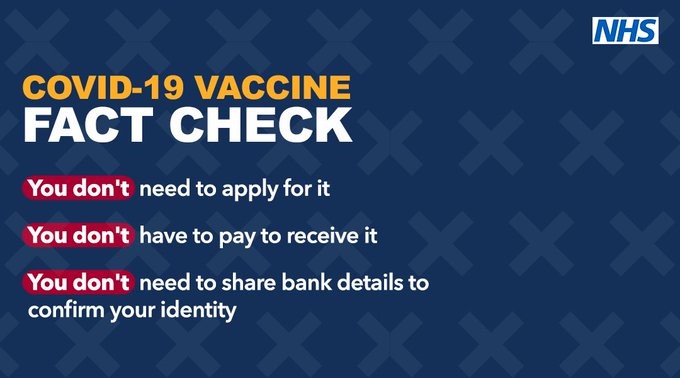
Elton John and Michael Cain encourage the over 70s
February saw a move towards vaccinating those in the lower age brackets as people eagerly awaited the announcements for upcoming vaccinations. Beginning with the over 70s being called on 8 February, the NHS publicised the gradual mass vaccination and kept spirits high. Up until this point, the public had been told to wait until connected, but the advice changed and encouraged over 70s to contact GPs for the jab.
On 10 February, Elton John and Michael Cain helped to promote COVID jabs. The video campaign featured both household names aged in their 70s and 80s to target those being called to get their vaccine. The new film to promote the jab was organised by Lord Ara Darzi who leads the Imperial REACT COVID Surveillance Study Group. The video was shot at Chelsea and Westminster Hospital.
Ethnic minority vaccine hesitancy
Martin Griffiths, leading UK surgeon, became a spokesperson for vaccine hesitancy among minority groups on 6 February. While Griffiths usually works as a NHS knife violence veteran he turned to tackle vaccine hesitancy among black and other minority ethnic groups.
March 2021 saw a continuation of support from celebrities, with Bake Off star Nadiya Hussain, Asma Khan from Netflix’s Chef’s Table and MasterChef’s Saliha Mahmood endorsing the vaccination campaign, particularly targeting the British Bangladeshi community. The video campaign was backed by the United Nations and followed earlier efforts led by Adil Ray, working to dispel misinformation and increase vaccination hesitancy in South Asian Communities. In a near-textbook comms campaign, the NHS created tailored content to reach diverse audiences.
International Women’s Day
On International Women’s Day, the NHS celebrated the vital role hundred of thousands of women played in the pandemic this year, by highlighting that 88.6% of UK nurses and health visitors are women, and 76.7% of the 1.3 million NHS staff are women. The NHS held a conference led by chief people officer Prerana Issar who joined leading women from across the organisation attracting over 5,000 attendees. “When you think about the host of COVID heroes, so many women spring to mind – from May Parsons who administered the first jab to Nikki Kanani leading the way in primary care and encouraging uptake in BAME communities. While the last year has been the toughest in most of our lives, it has never been a prouder time to be a woman working in the NHS,” says Dr Emily Lawson, chief commercial officer at the NHS.

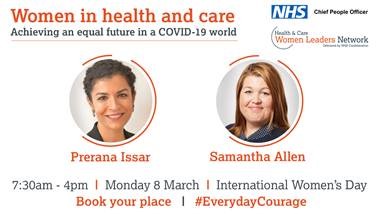
Super Saturday
NHS staff delivered almost 100,000 Covid-19 jabs in one hour on what was termed ‘Super Saturday’. NHS chief, Sir Simon Stevens said: “The speed and precision of the NHS vaccination campaign has been on full display this weekend, and yesterday NHS staff across England administered a remarkable 27 jabs a second. In just one day we vaccinated the equivalent of the entire adult populations of Liverpool, Southampton and Oxford combined.”
Covid-19 has put the NHS under extreme strain this past year, but the above campaigns are only a selection of the strategies used to manage public perception and anxiety during this time. NHS comms became the most important line of communication between the public and frontline workers. The pandemic showed the strength of transparent video comms and clear efficient messaging to keep public spirits high.

